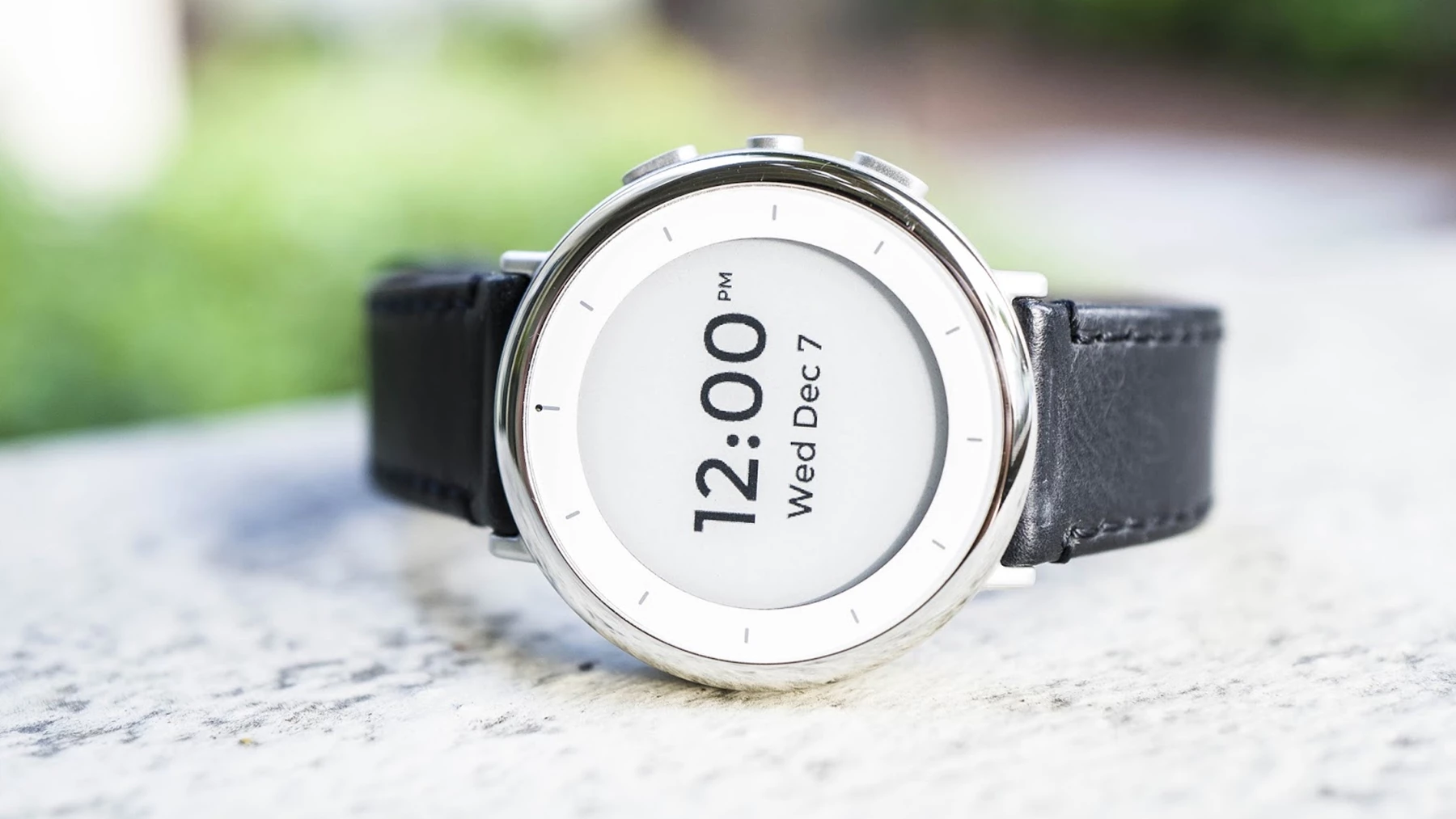Verily, a health tech firm owned by Google's parent company Alphabet, has unveiled a wrist wearable designed to gather extensive raw health data for research purposes. The investigational device is not for sale to the public, but it's already earmarked for use in studies on Parkinson's Disease and longitudinal health.
Unlike most smartwatches, Verily's Study Watch does not present health data to the wearer. It has no apps or forward-facing smart features. Instead, the user sees only an always-on display showing the time, along with some instructions for use.
The watch packs in multiple physiological and environmental sensors that are atypical of consumer-oriented fitness tracking features. Beyond basic metrics like heart rate, it includes sensors for electrocardiogram (ECG), electrodermal activity and inertial movement. These track relevant signals for cardiovascular problems, movement disorders and other issues.
According to Verily, the watch also offers long battery life of up to one week, a powerful processor to support real-time algorithms, large internal storage, data compression and software that supports over-the-air-updates for expanding and fine-tuning its capabilities as needed. The health data it captures is encrypted on the device for safety and privacy, which can be later accessed by researchers via the cloud.
If it proves more effective at gathering data than traditional methods, Verily's Study Watch has more potential to revolutionize healthcare than better-known consumer devices. Verily hopes to put the watch to work in a broad spectrum of health research.
Source: Verily





